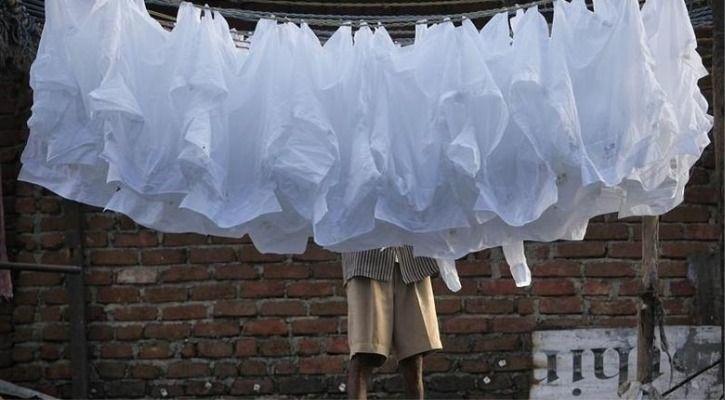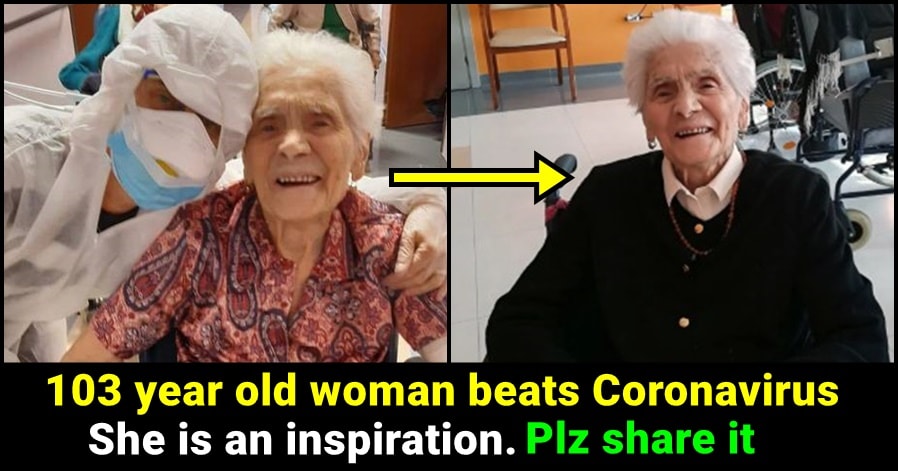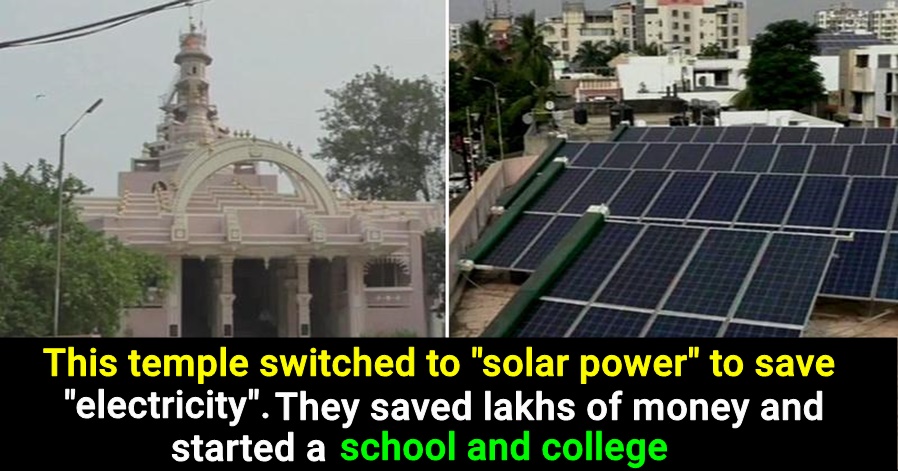No products in the cart.
IITians invent a new technic to generate electricity from washed clothes drying in the Sun
Most people are trying their best to save electricity in India, which is something commendable. When it comes to washing clothes, they are still many people who wash the clothes in their bare hands instead of splashing the cash to afford a washing machine with a built-in-dryer.
People those who wash clothes and let it dry under the scorching sun have received a major boost from Indian Institute of Technology.

A team of researchers from IIT Kharagpur add that they can actually use this method to create a little bit of power. They went on to explain why this setup would do wonders in villages which requires no fuel at all.
The concept led by Suman Chakraborty, a professor in the institute’s mechanical engineering department, the team devised a new method to use the nanochannels in the fabric of the ‘drying clothes’ to produce electricity.
Quite similar to how water is drifted through nanochannels in the cellulose of plants, the technique generates surplus electrical power through the guided movement of saline water via these channels as it is evaporating.
“The regular cellulose-based wearable textile, in this case, acts as a medium for the motion of salt ions through the interlace fibrous nano-scale network by capillary action, inducing an electric potential in the process,” said Chakraborty.
As part of their study and observation, the researchers tried to demonstrate the whole process in action in a remote village. To experiment it in a much better way, they had local washermen put around 50 sheets to dry in tandem over a 3,000 sq.m area. The clothes were then linked to a commercial super-capacitor. This helps the large surfaces of the sheets accomplish a sustainable movement of salt ions via natural evaporation.
Using this arrangement, the researchers managed to generate up to 10V in almost 24 hours, which is more than sufficient to have an LED bulb glow for over an hour.
This would certainly be a major breakthrough and could make a huge difference in poor and remote communities. This setup doesn’t require any other fuel or means to activate it and also people are always washing and drying their clothes anyway, means there is no wasted effort.
Moreover, the evaporation is enhanced in hot and dry environments. So, one might actually be able to generate electricity much faster in locations that need it more.












